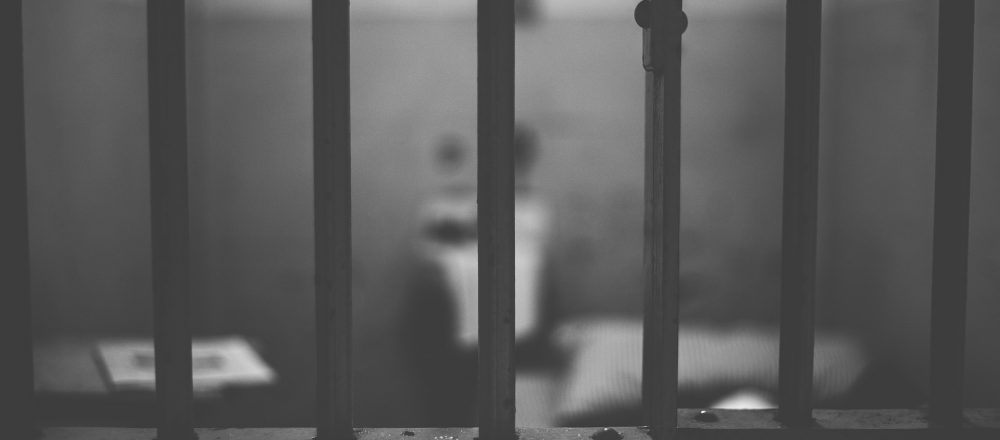Indigenous disadvantage in Australia runs deep, and is manifest across outcomes in education, health, housing and employment. For far too many, it leads to incarceration.
Only three per cent of the Australian population is Aboriginal and Torres Strait Islander, yet they represent 28 per cent of our prison population. Their rate of imprisonment over the past 15 years has increased by 57 per cent. Nearly half of all Australian juveniles in detention are Indigenous. These statistics suggest not just entrenched socioeconomic factors but also inordinate severity in criminal justice responses.
Nearly half of all Australian juveniles in detention are Indigenous.
The socioeconomic factors are well-identified: under-education, lack of work and income, family history of trauma, drug and alcohol issues, unstable or over-crowded housing, social alienation and racism.
Against such context, is difficult to make a case that Indigenous incarceration is a matter of bad choices made by individuals. What choices, precisely, are available? The fact that many Indigenous Australians with mental illness or cognitive disabilities come into contact with the law sharpens this question.
In a Lateline interview last year, UNSW criminology professor Eileen Baldry revealed findings from research in New South Wales and the Northern Territory, which hold a significant proportion of Indigenous prisoners: “In our cohort, there were very few who didn’t have some kind of disability, either mental or cognitive. Very tellingly, of the Aboriginal people who had been in juvenile detention, not one of them did not have a disability. So every single one of them had a mental or cognitive disability and most had complex support needs, had many diagnoses, many problems.”
These impairments sometimes intersect with alcohol and drug dependency. In remote-regional areas, community-based support services to alleviate such problems are chronically under-resourced or inaccessible. Indigenous Australians are less likely to be diagnosed for an existing mental health or cognitive issue, and far more likely to come into contact with police.
A criminal justice climate with a tendency toward over-policing and custodial sentences exacerbates such vulnerabilities. Moreover, in circumstances where appropriate custodial arrangements or psychiatric facilities aren’t available, Indigenous offenders can end up being held in prison indefinitely.
We have made a specialty of punishing those we’ve failed.
In a co-written article for The Conversation, Professor Baldry notes: “Our research found police and prisons have become governments’ default way of managing this vulnerable group rather than appropriately supporting them to have a life of stability and self-worth in the community.”
So what is being “corrected” by our corrections systems? And why isn’t this a pressing national issue?
As in the United States, the narrative of black criminality enables non-blacks to absolve themselves. Yet the incarceration of Indigenous Australians with mental health and cognitive problems is an inescapable indictment of societal neglect.
The offending behaviour that lands an Aboriginal Australian in jail is often a reflection – and the culmination – of the post-colonial disorder of Aboriginal life, perpetrated by government after government. Indigenous over-incarceration is layered upon historical trauma and racialised disadvantage, and makes a mockery of our justice system. In other words, we have made a specialty of punishing those we’ve failed.
To use the understated vernacular, it is simply not good enough. It should shame us all.



